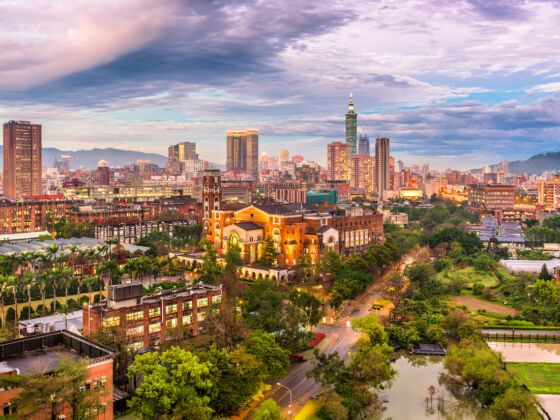1. The Controversy
I grew up thinking of Taiwan as a sovereign nation not unlike Japan or France. As it turned out, not everyone sees it that way.
The People’s Republic of China, its neighbor across the Taiwan Strait, regards the democratic island as a renegade province unwilling to reconcile with the motherland.
When China became a member of the United Nations and the International Olympic Committee after decades of absence from international engagement, Taiwan (which previously had been representing China) was expelled from both bodies. As a result, Taiwanese athletes compete at the Olympics and other international sporting events as part of a delegation called “Chinese Taipei,” and under a specially designated flag.
I feel that a visit is necessary to better understand Taiwan’s ongoing saga with China. Its tricky geopolitical status also means it rarely gets any major recognition on the international stage, so it’s time that I make my way there and show it some love.
